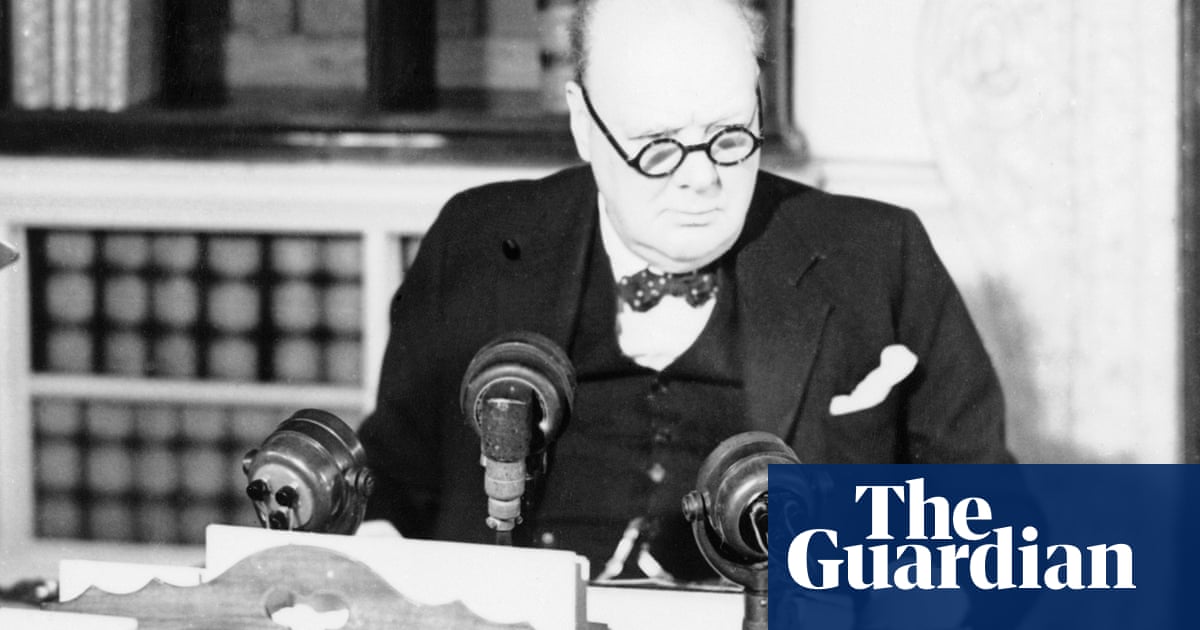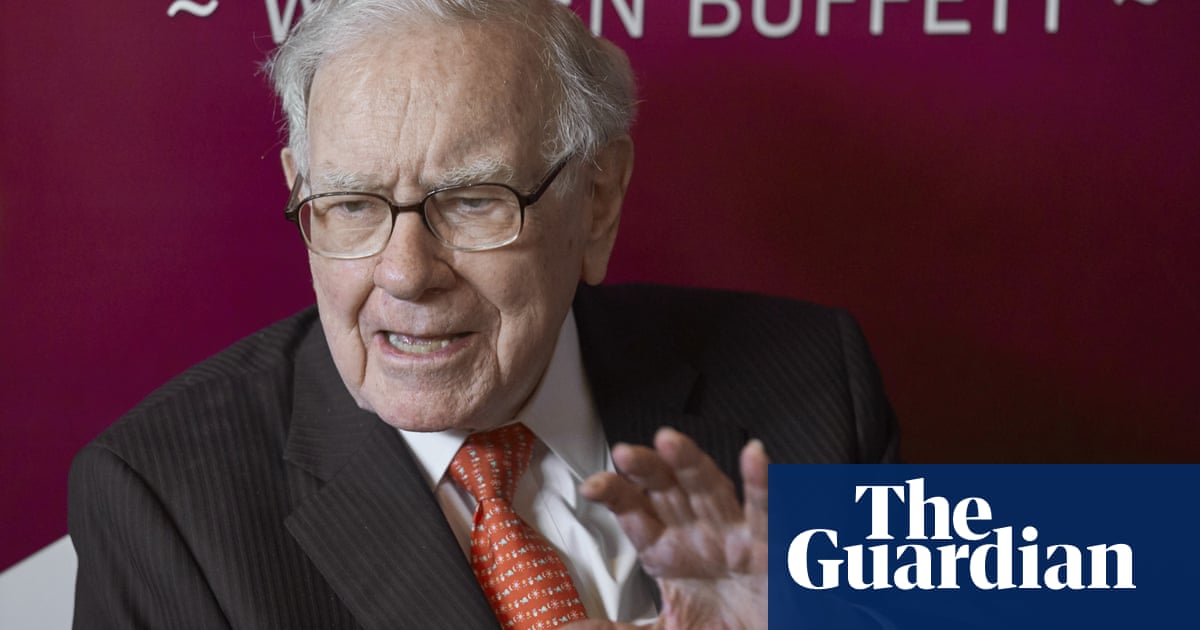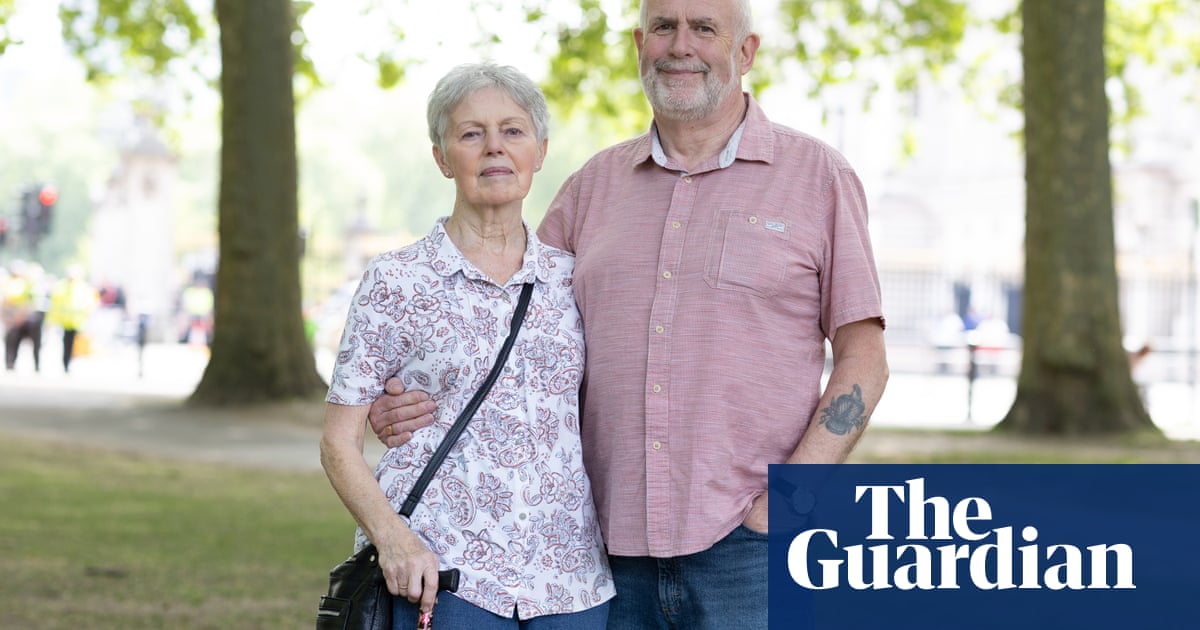The response from Labour spokespeople so far to the loss of Runcorn and Helsby – and to the election results as a whole – has been especially tin-eared. There doesn’t seem to be any understanding of the deep-seated emotion in the reaction of Labour supporters to the party’s behaviour in government over the past 10 months. There used to be talk of the need for emotional literacy in politics. What we are witnessing is a staggering level of emotional illiteracy.
Labour supporters feel deeply that their party has turned its back on them. It’s not just that they feel they are not being listened to. It’s that the Starmer and Reeves government is doing things that they believe no Labour government should ever do.
After 14 years of enduring year after year of austerity under the Conservatives, there was such a collective sigh of relief in getting rid of the incompetent, corrupt and brutal Tories. There might not have been much in the way of inspiring politics from Keir Starmer in the run-up to the election last July, but at least we had a Labour government.
The problem now is that, at times, the government is unrecognisable as a Labour government. This isn’t the traditional argument about whether the Starmer administration is behaving like old Labour or New Labour. It’s whether it’s Labour at all in the eyes of people who have supported us or would want to support us.
The strategy dictated by Starmer’s office appears to be that, to neutralise Reform, Labour has to position itself as close to Nigel Farage’s party as possible. The argument is that this will give Labour the breathing space of the next few years to deliver the investment and noticeable improvement in our public services that will garner the support needed to win the next election.
The plan was that the large-scale investment required to radically improve our public services would come from growth and a limited range of tax redistribution measures. The problems with this strategy became pretty obvious very quickly.
If Labour seeks to ape Reform, then voters will largely opt for the real deal and vote Reform, while at the same time Labour will alienate supporters who are aghast at the party adopting Reform-like positioning on immigration.
If the growth and investment in the economy are not on the scale needed, then the only other way to secure these resources is through borrowing or redistribution of wealth. Having a fiscal rule that restricts borrowing becomes largely a technical argument, but when books are balanced through cuts in the winter fuel allowance, a national insurance “jobs tax” and cuts to disability benefits, no amount of citing improvements in NHS waiting-list figures can overcome the betrayal Labour supporters feel.
The problems with the strategy are so obvious, but the usual mechanisms for communicating signs of discontent are broken. In normal circumstances the feedback from Labour’s membership in the constituencies or from MPs and councillors would flag up an emerging problem.
This self-correcting mechanism within the party failed to operate because the centralised control of the party under Starmer has meant that political debate in constituency Labour parties is closed down or ignored and dissent expressed by Labour MPs is met with threats of the withdrawal of the whip. As the large number of newly elected MPs took time to find their feet, it naturally meant that their voices have been relatively quiet.
The overall impression now is that the government lacks not just any political strategy but also any sense of purpose. People are also questioning the moral compass of a government that increases poverty among children by keeping the Conservatives’ two-child limit and among pensioners by means-testing the winter fuel allowance, as well as one that puts the welfare of hundreds of thousands of disabled people at risk by cutting their benefits.
It’s time for Labour party members and elected representatives to stand up and call for a resetting of Labour’s strategy but also, just as importantly, to reclaim the party for democracy so that we do not cut ourselves off from our supporters like this again. A first, significant step to symbolise that change would be for the Labour leadership to listen to our people and drop the cuts to disability benefits.
-
John McDonnell is the independent MP for Hayes and Harlington. He was shadow chancellor for Labour from 2015 to 2020

 14 hours ago
10
14 hours ago
10













































